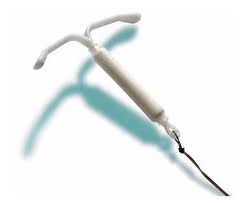 Much to the objection of Bayer Healthcare, Mirena IUD lawsuits at the federal level have been centralized into multidistrict litigation or MDL. The cases will be transferred to a U.S. District Court Judge in the Southern District of New York. This makes the claim a mini-class action. What does this mean? The Mirena lawsuits are consolidated for discovery purposes. They become one class case for a while. If a global settlement of these Mirena lawsuits cannot be achieved, they will be sent back to their individual states for trial.
Much to the objection of Bayer Healthcare, Mirena IUD lawsuits at the federal level have been centralized into multidistrict litigation or MDL. The cases will be transferred to a U.S. District Court Judge in the Southern District of New York. This makes the claim a mini-class action. What does this mean? The Mirena lawsuits are consolidated for discovery purposes. They become one class case for a while. If a global settlement of these Mirena lawsuits cannot be achieved, they will be sent back to their individual states for trial.
Last week, we told you that similar consolidation was being reconsidered at the state level, where more than 60 Mirena IUD lawsuits are currently pending. Currently, there are only about 40 lawsuits in federal court, however, it is anticipated by some plaintiffs’ attorneys that several thousand cases will be filed by women who have experienced complications from Mirena IUD.
If you used Mirena and experienced complications, including surgical removal, infection, or Pelvic Inflammatory Disease (PID) and want to inquire as to whether you have a lawsuit, contact our Mirena defect lawyers at 1.800.553.8082, or online here.
 Lawsuit Update Center
Lawsuit Update Center



